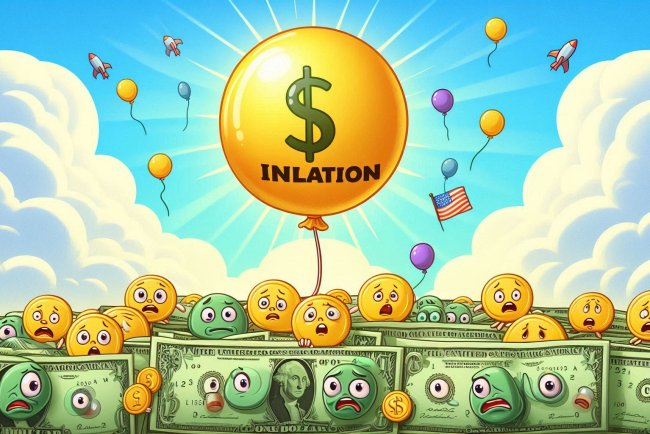Mutual funds vs ETFs – which is better?
Looking to invest in the stock market? Learn the key differences between mutual funds and ETFs to decide which is better for your investment preferences.
Mutual Funds vs ETFs – Which is Better?
When it comes to investing in the stock market, two popular options are mutual funds and exchange-traded funds (ETFs). Both mutual funds and ETFs offer investors a way to diversify their portfolios and gain exposure to a wide range of assets. However, there are some key differences between the two that investors should consider when deciding which option is better suited to their investment goals and preferences.
Mutual Funds
Mutual funds are investment vehicles that pool money from multiple investors to invest in a diversified portfolio of stocks, bonds, or other securities. They are managed by professional fund managers who make decisions about buying and selling securities within the fund. Here are some key characteristics of mutual funds:
- Professional Management: Mutual funds are actively managed by professional fund managers who make investment decisions on behalf of the investors in the fund.
- Diversification: Mutual funds offer investors instant diversification by holding a mix of different securities within the fund.
- Investment Minimums: Some mutual funds may have minimum investment requirements, making them accessible to a wide range of investors.
- Expense Ratios: Mutual funds typically have higher expense ratios compared to ETFs, which can impact overall returns.
- Trading: Mutual funds are priced once a day at the end of the trading day, and investors buy and sell mutual fund shares at the net asset value (NAV).
ETFs
ETFs are similar to mutual funds in that they hold a diversified portfolio of assets, but they trade on stock exchanges like individual stocks. Here are some key characteristics of ETFs:
- Passive or Active Management: ETFs can be passively managed to track a specific index or actively managed by fund managers.
- Trading Flexibility: ETFs can be bought and sold throughout the trading day at market prices, providing investors with more flexibility compared to mutual funds.
- Diversification: Like mutual funds, ETFs offer investors instant diversification by holding a basket of securities.
- Expense Ratios: ETFs typically have lower expense ratios compared to mutual funds, which can lead to cost savings for investors.
- Transparency: ETFs disclose their holdings on a daily basis, providing investors with more transparency into the fund's underlying assets.
Which is Better?
When deciding between mutual funds and ETFs, there is no one-size-fits-all answer as both have their own advantages and disadvantages. Here are some factors to consider when choosing between the two:
1. Investment Goals
Consider your investment goals and time horizon. Mutual funds may be better suited for long-term investors looking for professional management and a hands-off approach to investing. ETFs, on the other hand, may be more suitable for active traders or investors looking for trading flexibility.
2. Cost
Expense ratios can have a significant impact on investment returns over time. ETFs generally have lower expense ratios compared to mutual funds, making them a cost-effective option for investors looking to minimize fees.
3. Trading Flexibility
If you value the ability to trade throughout the day at market prices, ETFs offer more flexibility compared to mutual funds, which are priced once a day at the NAV.
4. Tax Efficiency
ETFs are known for their tax efficiency due to the unique structure that allows for in-kind redemptions, which can help minimize capital gains distributions. Mutual funds may be less tax-efficient, especially for actively managed funds that have higher turnover.
5. Accessibility
Some mutual funds may have minimum investment requirements, making them less accessible to certain investors. ETFs, on the other hand, can be purchased in smaller quantities and do not have investment minimums.
Conclusion
Ultimately, the decision between mutual funds and ETFs will depend on your individual investment
What's Your Reaction?
















